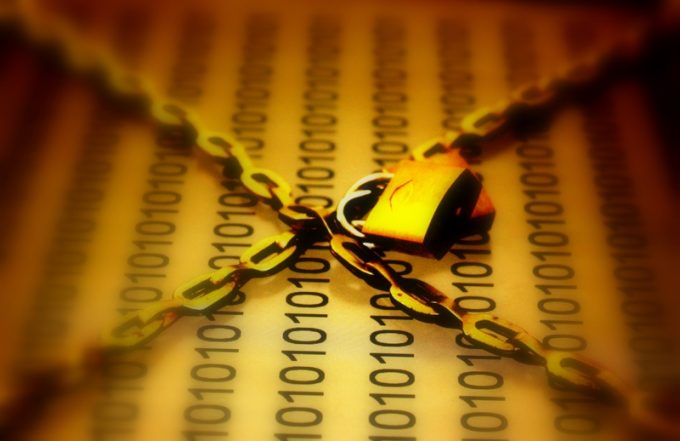Index-linked agreements: 'shippers have to have the stomach for them'
Shippers pondering the pros and cons of index-linked agreements (ILAs) “have to have the stomach ...

Shipping remains blind to the threat posed by insufficient cyber security.
And its continuing failure to address the problem could have a huge economic impact, according to Futurenautics chief executive Kate Adamson.
She believes the biggest threat is the industry’s critical dependence on technology, which makes it a prime target for cyber criminals.
Speaking during the London International Shipping Week, Ms Adamson pointed to a statement from the Baltic and International Maritime Council (BIMCO) as evidence of shipping’s “collective blindness”.
“Last year BIMCO said the chance ...
Maersk u-turn as port congestion increases across Northern Europe
Apple logistics chief Gal Dayan quits to join forwarding group
Transpac rates hold firm as capacity is diverted to Asia-Europe lanes
Maersk Air Cargo sees volumes fall as it aims for 'margin in favour of revenue'
Houthis tell Trump they will end attacks on Red Sea shipping
Airlines slash freighter capacity post-de minimis, but 'the worst is yet to come'
MSC revamps east-west network as alliance strategies on blanking vary
India-Pakistan 'tit-for-tat' cargo ban sparks sudden supply chain shocks


Comment on this article